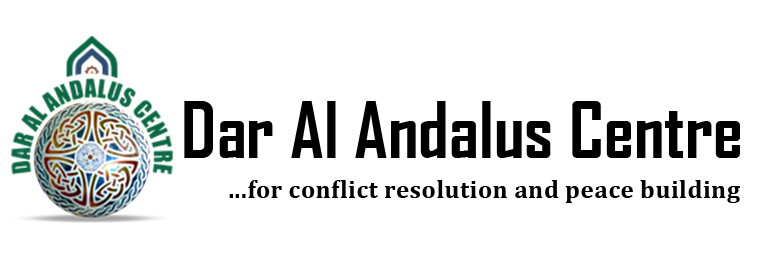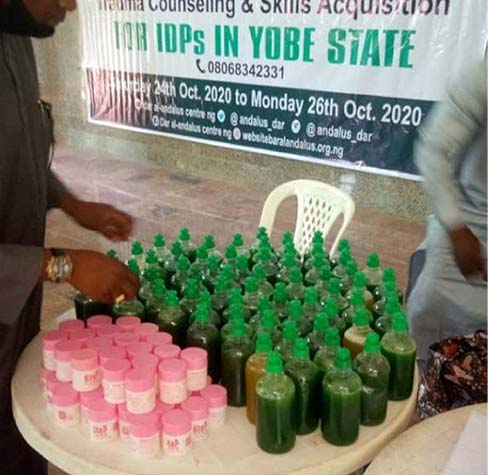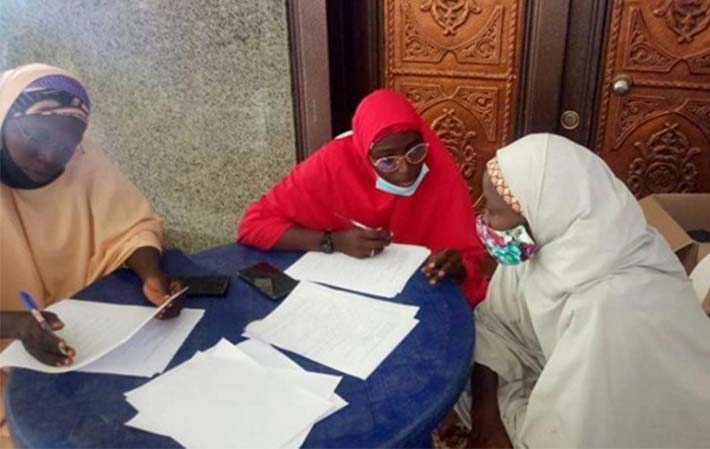Who We Are
The Dar Al-andalus Centre (DAAC) is a non-profit organization with a clear focus on fostering peace, countering violent extremism, and promoting sustainable development. It operates in the conflict-affected communities of Northern Nigeria. Headquartered in Kano, Kano State, DAAC has established itself as a trusted partner in driving community-led solutions to complex social and security challenges prevalent in the region. The organization is dedicated to finding and implementing solutions that are generated from within the communities it serves, ensuring relevance and sustainability.
What We Do
- Empowerment
- Training
- Sensitisation
- Media







